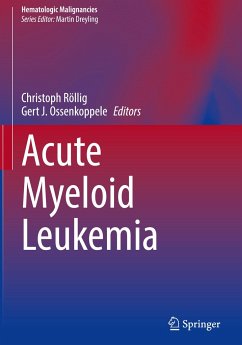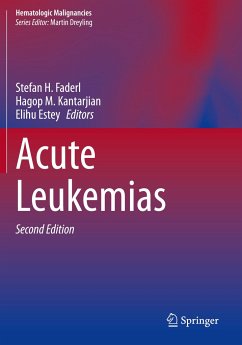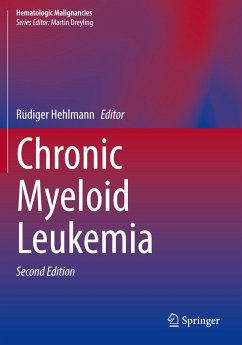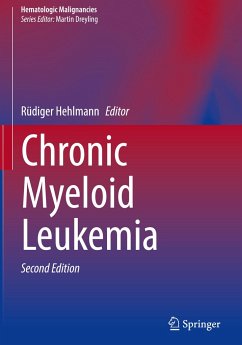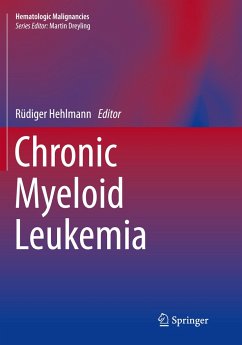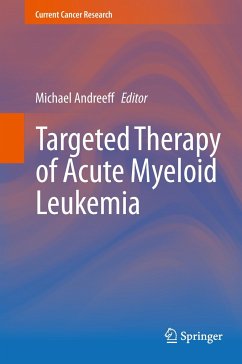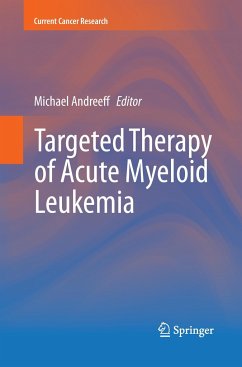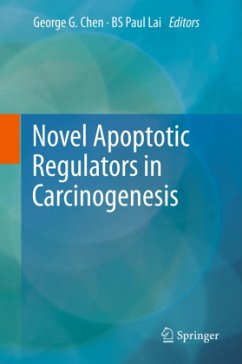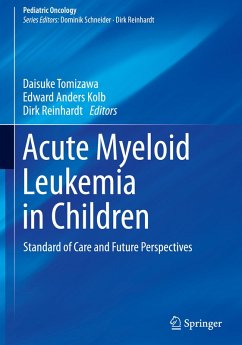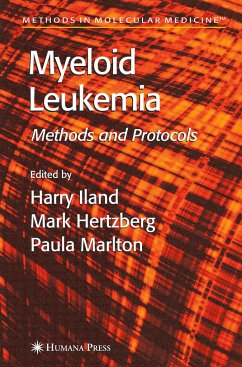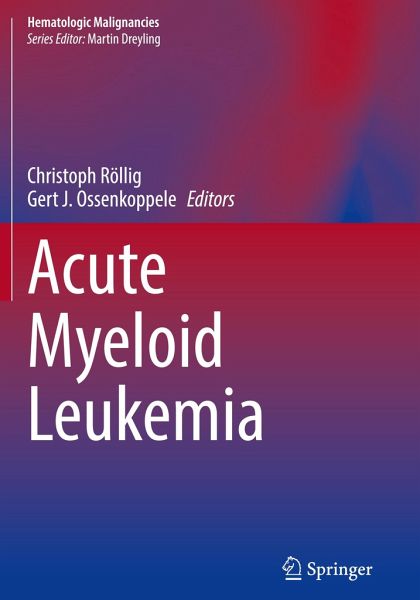
Acute Myeloid Leukemia
Versandkostenfrei!
Versandfertig in 6-10 Tagen
91,99 €
inkl. MwSt.

PAYBACK Punkte
46 °P sammeln!
This book, written by a team of leading experts, provides a comprehensive overview of acute myeloid leukemia (AML), the most frequent acute leukemia in adults. The opening chapters present current knowledge of epidemiology, etiologic factors, and the pathogenesis and molecular development of AML. Detailed guidance is offered on laboratory and clinical diagnostic workup and disease classification, and the patient- and disease-related factors that determine prognosis and treatment allocation are identified. On the basis of these general considerations, initial treatments in patients considered f...
This book, written by a team of leading experts, provides a comprehensive overview of acute myeloid leukemia (AML), the most frequent acute leukemia in adults. The opening chapters present current knowledge of epidemiology, etiologic factors, and the pathogenesis and molecular development of AML. Detailed guidance is offered on laboratory and clinical diagnostic workup and disease classification, and the patient- and disease-related factors that determine prognosis and treatment allocation are identified. On the basis of these general considerations, initial treatments in patients considered fit for intensive treatment and in older and co-morbid patients are reviewed, and the available relapse treatment strategies, explained. For all clinical scenarios, the most recent data on the optimal use of newly approved agents in different AML subgroups are presented. Separate chapters address the treatment of acute promyelocytic leukemia, current practice of allogeneic stem cell transplantation, and special clinical situations. Finally, promising approaches in drug development, current standards and challenges in assessment of measurable residual disease, immune approaches, and ideas for innovative trial designs are considered.



